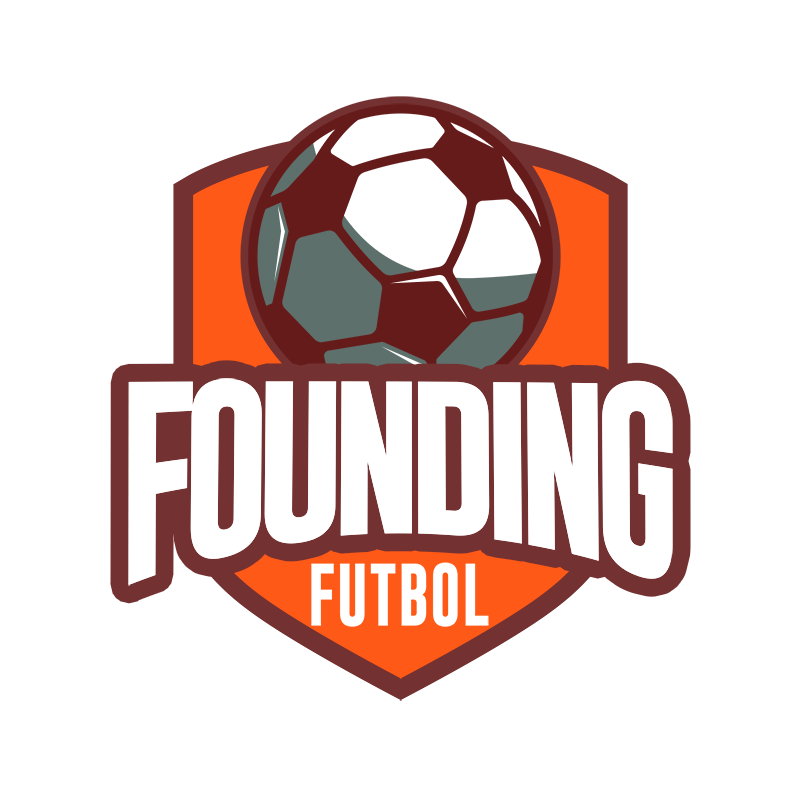CHAPTER EIGHT:
THE 1980 OLYMPIC TEAM THAT WASN’T
When the men’s team qualified for the 1980 Olympics, there was hope that it could travel to Moscow and show the world how far American soccer had progressed. In many ways, the struggling NASL was depending on it to help infuse capital into the league and keep it afloat. But political tensions between the United States and Soviet Union led to a boycott that kept the team out of the games. In many ways, it all changed the course of soccer history in country, as US Soccer scrambled to find other ways to build the game’s popularity.
(Photo credit: US Soccer)

CHAPTER EIGHT
THE 1980 OLYMPIC TEAM THAT WASN’T
There were ups and downs in the qualification cycle, and ultimately Mexico’s disqualification was a key factor in getting the United States back into the race for an Olympic spot. They would earn their way to the games, only to boycott them. It wasn’t just a strong showing on the world stage that was lost, but also momentum heading into the 1982 World Cup qualifiers with the full team, where the Americans failed, again, to reach the largest soccer tournament in the world. Within four years, the North American Soccer League would dissolve, and US Soccer would enter into what many would call the darkest period in the game’s history in America.
(Photo credit: US Soccer)
Our GUEST
an eTy Keough, the son of US Soccer legend Harry Keough, has a tremendous soccer legacy of his own. He was part of that 1980 Olympic team after an outstanding career at Saint Louis University. He also continues our sub-exploration of the incredible impact St. Louis has had on soccer in America.
In addition to his time on the US Men’s National Team, Ty played both in the North American Soccer League for the San Diego Sockers, and then in the Major Indoor Soccer League with three teams — producing his longest run with the St. Louis Steamers between 1979 and 1985.
He then moved on to a successful coaching career, taking over at Washington University in St. Louis. Ty spent eleven (11) seasons at the help before moving solely into long broadcasting career — work he initially had done in parallel with coaching. As a broadcaster, he worked for ESPN and TNT, covering four World Cups.
ADDITIONAL RESOURCES
Books
- Soccer in a Football World: The Story of America’s Forgotten Game by David Wangerin
- Generation Zero: Founding Fathers, Hidden Histories & the Making of Soccer in America by Hal Phillips
Articles
- 40 YEARS LATER: 1980 U.S. OLYMPIC TEAM RECALLS MOSCOW BOYCOTT, MEETING PRESIDENT JIMMY CARTER
- Opinion: For 1980 athletes, Olympic postponement brings bittersweet memories of boycott
Our PERSPECTIVE
In the long history of soccer in America, no one event has caused it to succeed or fail. That’s the entire point of the Founding Futbol project. However, what is unique about our exploration of the 1980 Olympic team is that it’s the only event or moment that “didn’t happen” and our belief is that it was an inflection point in the downturn of the games most recent effort to establish stronger roots in the US.
Specifically, US Soccer had been taking a more “standard” path to grow the game. Build the youth system, establish a professional league, improve the players and beginning winning internationally. But, with fine margins in each of those steps, backwards momentum like an Olympic boycott derailed the whole plan.
That forced US Soccer to think differently. And while it entered a dark period, it also forced executives to think differently. Specifically, efforts to host a World Cup accelerated. And that would change the game in America.



